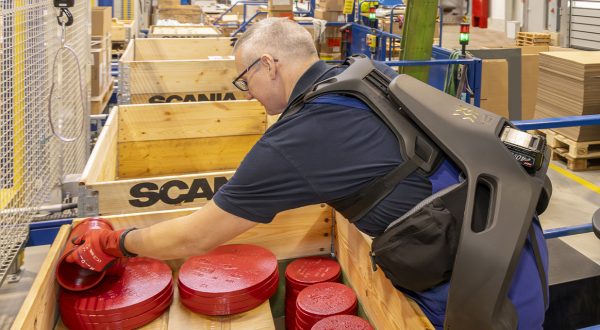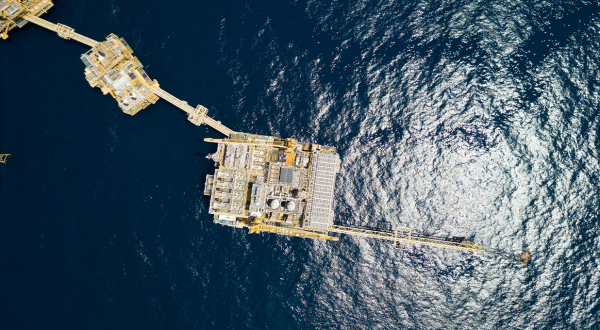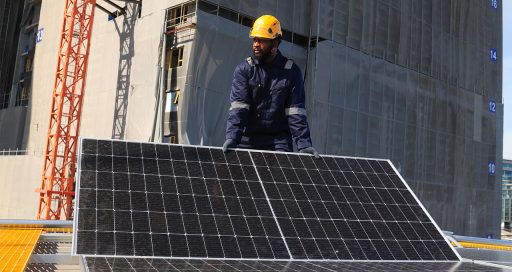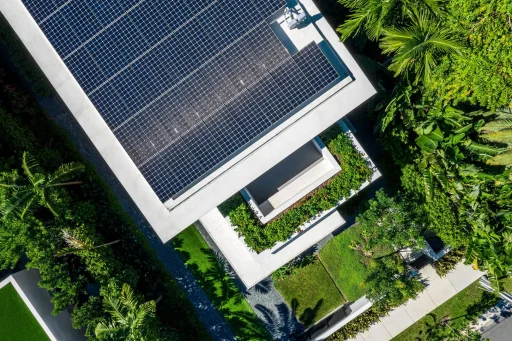Electric delivery vehicles have reached a tipping point where the technology costs are low enough to compete with petrol and diesel. This is good news for the planet as the next decade promises an explosion in online shopping.
![]()
The Covid-19 pandemic has generated extreme economic pressures, for example through the long-term closure of many stores. This unprecedented situation has resulted in an ever-greater reliance on online shopping, further amplifying a trend that has been evident for several years.
The post-pandemic period will bring continued strong growth in internet sales, along with the consequent increase in delivery truck emissions, which could, without intervention, rise by almost a third over the next 10 years. The good news for planet Earth is that electric delivery vehicles have reached a tipping point where the technology and costs are low enough to realistically compete with petrol and diesel trucks and vans.
The Tesla of vans
The logistics company UPS offers an illuminating example. It has decided to take advantage of this tipping point, ordering 10,000 electric vans from Arrival, a British startup specialising in electric vehicles.
“The Tesla of vans is here”, says Nick Chambers, Business Unit Manager at Actemium Coventry. “It’s coming to market with a complete, integrated solution that strongly challenges traditional car makers and equipment suppliers whose model is still largely based on production of diesel and flex-fuel vehicles”.
“Implementing a fleet of electric vehicles requires expert advice”
The UPS initiative is particularly interesting because electric utility vehicles are still relatively rare. In France, the biggest market in Europe, the market share of electric utility vehicles was barely 2% in 2019.
“There are issues with range, availability and price”, says Nick Chambers. “It’s not quite there yet, but it is set to improve in the sort to mid-term, especially with technological improvements and prices falling”.
But he adds that “Implementing a fleet of electric vehicles requires expert advice to optimise the process of switching over the fleet and installing adequate charging infrastructure”.
Vehicles less expensive than diesel
UPS is confident in this trend and has gone further still, with its capital risk company UPS Ventures acquiring a minority stake in Arrival, which has also received $111.5 million in investment from Hyundai and Kia.
Arrival’s offer is undeniably attractive, as it is committed to provide vehicles that cost less than competitors’ diesel models.
UPS, which has trialled various alternative vehicles (electric cargo bikes, biomethane-powered trucks, etc.) in recent years, is betting strongly on Arrival products: the vehicles ordered will represent around 10% of its total worldwide fleet.
The first prototypes should arrive this year, with more substantial production (at least 2,000 vehicles per year) to follow from 2022.
The transport giant is also counting on the digital opportunities offered by these novel vehicles, which are equipped with numerous sensors that will enable them to improve safety and eventually trial self-driving operation.
14/01/2021





